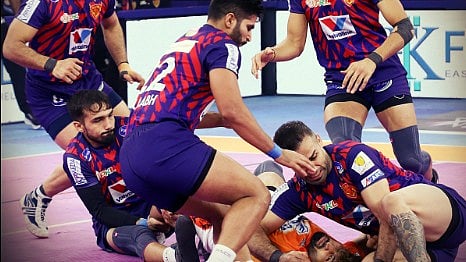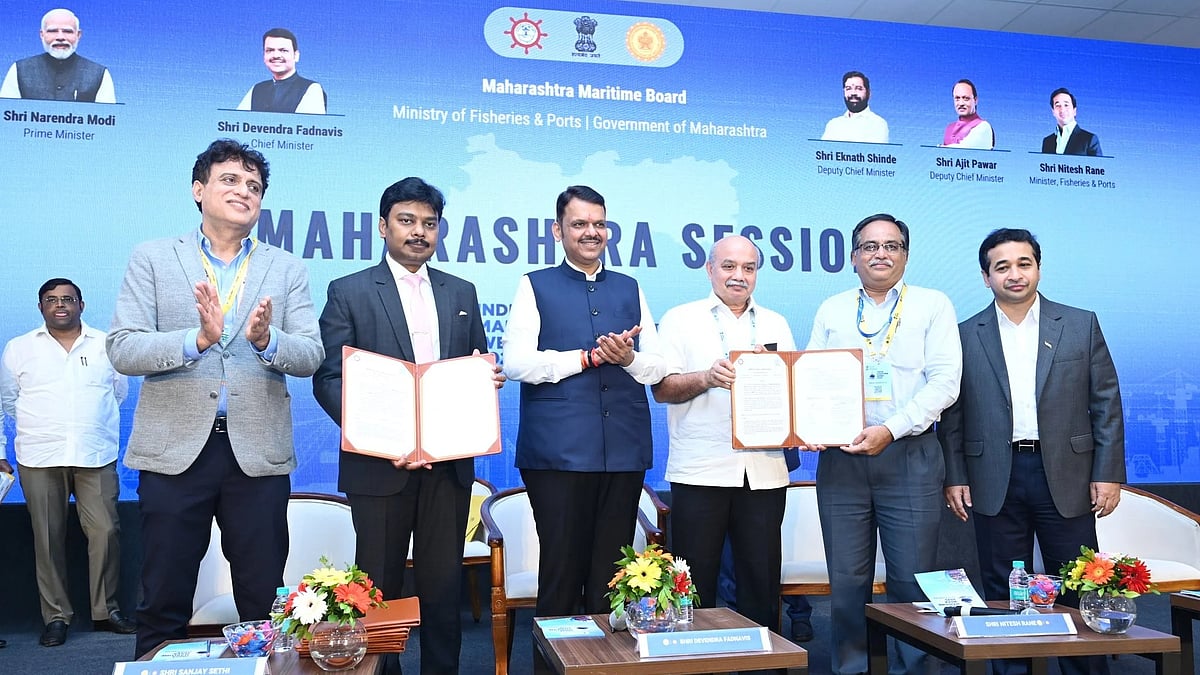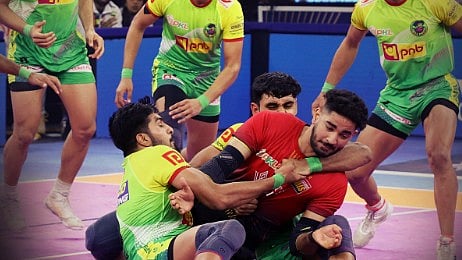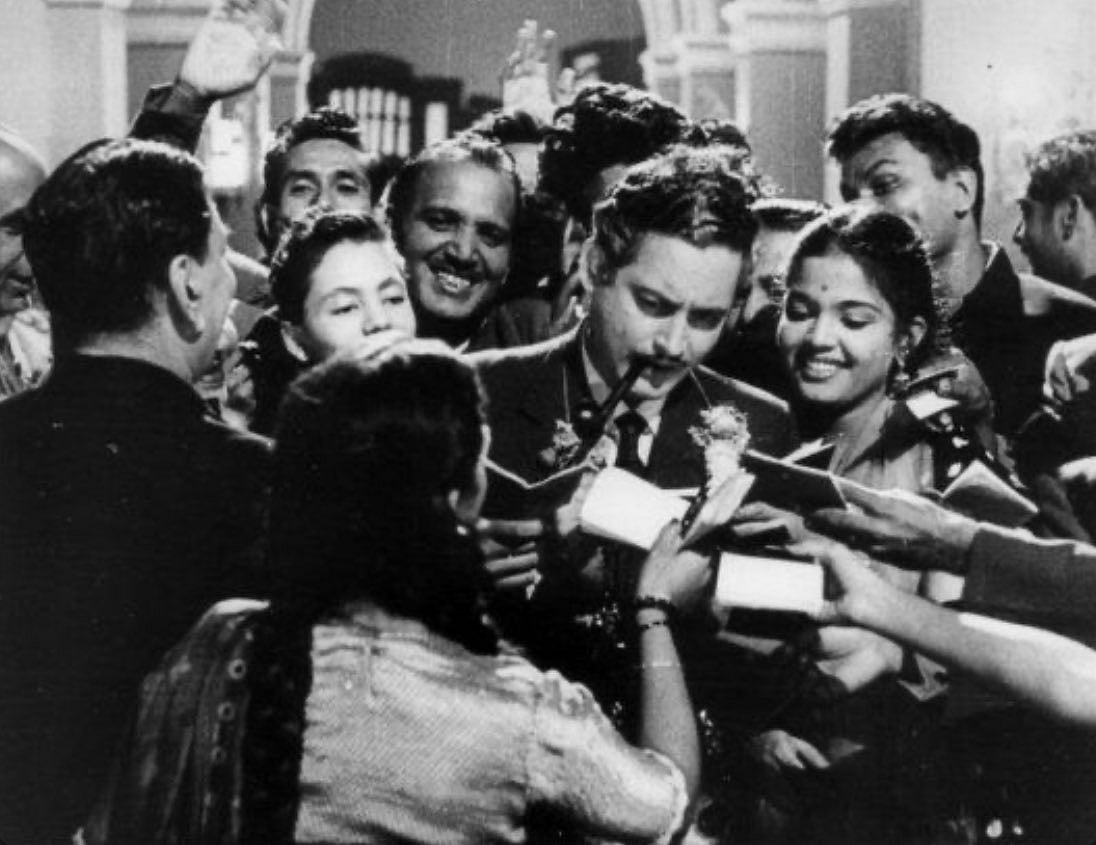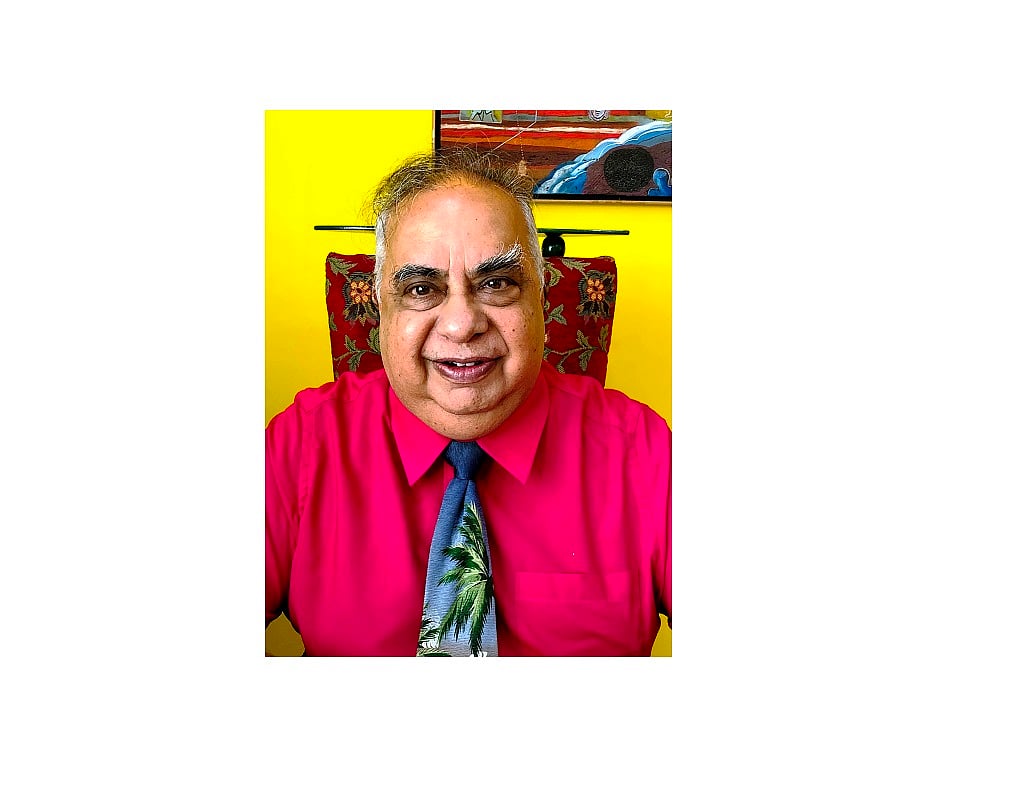Damian Irzyk assumed the post of Polish Consul General in Mumbai on May 14, 2018. Irzyk has served as a Cohesion Fund expert with his country’s Ministry of Regional Development, as an economic counsellor at the Polish Embassy in Jakarta and as a political counsellor at the Polish Embassy in Beijing. In an exclusive chat with The Free Press Journal, Irzyk talks about Poland providing refuge to Ukrainians on account of the war, government policies introduced to help the refugees, and more... Excerpts from the interview:
How many people from Ukraine are you sheltering and how is your country managing this?
Poland was the first country to respond to the major escalation by Russia in Ukraine. In the initial stages of the war, we received around one and a half lakh refugees per day. Polish responded to that with open hearts and it was because of the spirit of help ingrained in the roots of the Polish society. Everyone felt the need to help our Ukrainian neighbours. Today, Poland is hosting about two million Ukrainians — mainly women and children. We are offering them security numbers which allows them access to healthcare, education, labour market. The Polish government also launched a programme of cash transfers to the families who were hosting the Ukrainians under their roofs. Several programmes were introduced to enable the accommodation of Ukrainian skills in the Polish economy. It also helped that we had little unemployment rate. This allowed us to absorb the excess workforce immediately.
The EU also granted state permits — of up to one year with a possible extension of three years — to people crossing the Ukraine border. They weren’t just coming to Poland. Those who had relatives in Italy, Netherlands, or Germany, went there. Since it was a pan-European solution, so they were also granted the same benefits like access to healthcare, schooling, labour market.
What prompted the move to open the doors to Ukrainian refugees?
Before the escalation of the war, we had one million Ukrainian workers in Poland. Ukrainians are culturally close to us. The language is similar and today, after about six months, Ukrainians can speak Polish. We were issuing the highest number of state permits for non-EU countries and it was mainly for Ukrainians, who were helping our economy to grow.
The war was a shock for the West, but not so much for Poland. We knew Russians for generations and almost every Polish family has grandparents or great-grandparents who were affected by the Second World War (when both Russia and Germany invaded Poland). The Polish felt they (the Ukrainians) are in the same situation as their great-grandparents. Friends and families rushed to the borders to offer transportation to the Ukrainians to the interior of the country because that was the first goal — not leaving people on the border.
Also, what was touching was the patriotism displayed by Ukrainians. We had Ukrainians living in Poland before the war. They were successful and had families, work, and normal life. Suddenly, they wanted to resign and go back to defend their country. It was something that added to our resolve of supporting the Ukrainians.
There was a large Indian population in Ukraine, mostly students. Were there Indians amongst people coming to Poland to escape?
Yes. Ukraine had about 75,000 students, 20,000 were from India and the rest were from different countries. About 6,000 Indian students crossed the Poland border. Poland granted visa-free access not just to Indians, but also to other nations. They just stamped the passports and they had 15 days to leave the EU. The Indian government started the evacuation plan called Operation Ganga. The students were in Poland for two-three days. Some of them returned to Ukraine but many started studying in Poland.
What makes Poland tick with the Indian students?
There are a lot of aspects. (Like many EU nations) We have an affordable cost of living and tuition. It's attractive, especially for medical or technical university students.
Do you see mental health issues arising due to the war crisis?
The lockdowns were far more devastating than this and created a lot of trouble, especially for children and teenagers. But there was a huge level of anxiety among Polish when the war started. I was here when it intensified, so I didn't feel it. But while speaking to my family and friends, they expressed how scared they were. They felt the Russians will not stop in Ukraine and move further. The anxiety escalated when we had rockets falling 15 kilometres from Poland’s border. Many of my friends were wondering if they should leave, in the initial stages of the war. But then we realised that the Russians were weak and disorganised. They were failing on every point of their agenda, which was encouraging. Mentally, it was a burden because of the proximity and the history we've had with Russia. But now I don’t think it's a major challenge.
Has it affected the tourism sector?
That is something I'm struggling with here in India as well. Many Indians come up to me and ask if it's safe to travel to Poland. However, overseas tourism is not a major contributor to our economy. Even before the pandemic and the lockdowns, our economy was not affected much by the lack of tourists from abroad. The tourism sector managed on its own with our domestic tourists. But the war sort of affected the perception. Hence, Polish Airlines started direct flights to Mumbai. Being a new kid on the block, they offered competitive prices. Now tourism has picked up and we have more tourists coming in compared to pre-Covid times.
Do you have an Indian diaspora in Poland?
Yes, but very little, and it's a recent development. There are two factors at play here. First, Poland, being a member of the European Union, offers good higher education and permits to stay after graduation from Polish University. Second, being a country of constant growth in the past 30 years, we are a high income economy at the moment. Hence, it's attractive for Indians to move to Poland for work. Since our unemployment rate is technically non-existent, there's a constant search for new talent that can be absorbed.

